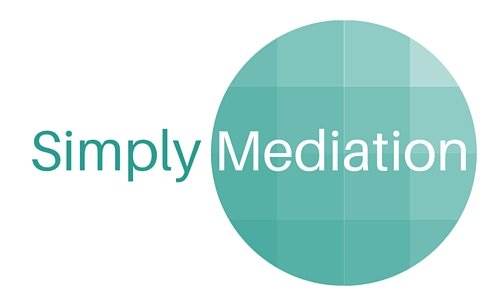Lasting Damage: is there a Better Way?
Over the years I’ve seen a lot of changes not only in the practice of family law but also in the backgrounds of clients. For many people in the early 80’s separation stigmatised them because they were the only members of their extended family whose marriage hadn’t stood the test. That’s highly unlikely to be the case now, so much so that many of our clients have been through their own parents’ divorce. I think all parents feel a degree of guilt towards their children when their relationship ends. However those who are themselves the children of divorce carry an added burden, the all too personal knowledge of what damage a parental split can inflict on children. They’ve been there themselves and often bear lifelong emotional scars.
At initial meetings I’m often told by clients of their determination to achieve a solution which will damage their children as little as possible because they know from their own experience the lasting harm that can ensue. It’s clear when listening to clients who were themselves the children of divorce that they almost always feel additional guilt. They embarked on marriage with a fixed determination never to put their children through what they had to bear so they have doubly failed.
Not all adult children of divorce tell an absolute horror story. Most retained a relationship with both parents. My experience is, however, that a lot effectively lost one parent and know that it was parental conflict that caused that loss, in a war where they were the principal casualties. Some have re-made relationships with a lost parent in adulthood but that’s no compensation for what was lost in their childhood.
Many more tell tales from the frontline. They crossed from one enemy camp to the other to maintain contact. They know that they, rather than their parents managed the process. They know that it should have been better. Others, whose stories seem happier, still remember the pain of staying with a parent in a home filled with other children where they never had any special time with that parent or any room in that parent’s home that they could call their own.
One clear message that I hear from my clients is that, however good the adults involved thought their arrangements were, the adults almost always failed to listen to the voices of their children to find out what the experience was really like for them and how it might have been better. The other message is that my clients are embarking on mediation because they recognise that although they are finding it difficult to communicate directly with the other parent, mediation affords a unique opportunity to hear one another. This enables both parents to work together to forge effective parental relationships.
Mediation creates a space where parents can remember that, whatever has gone wrong between them, they remain uniquely united by the need that their children have for them to maintain a family, albeit in a very different form.
Anne Braithwaite, FMCA

Recent Comments